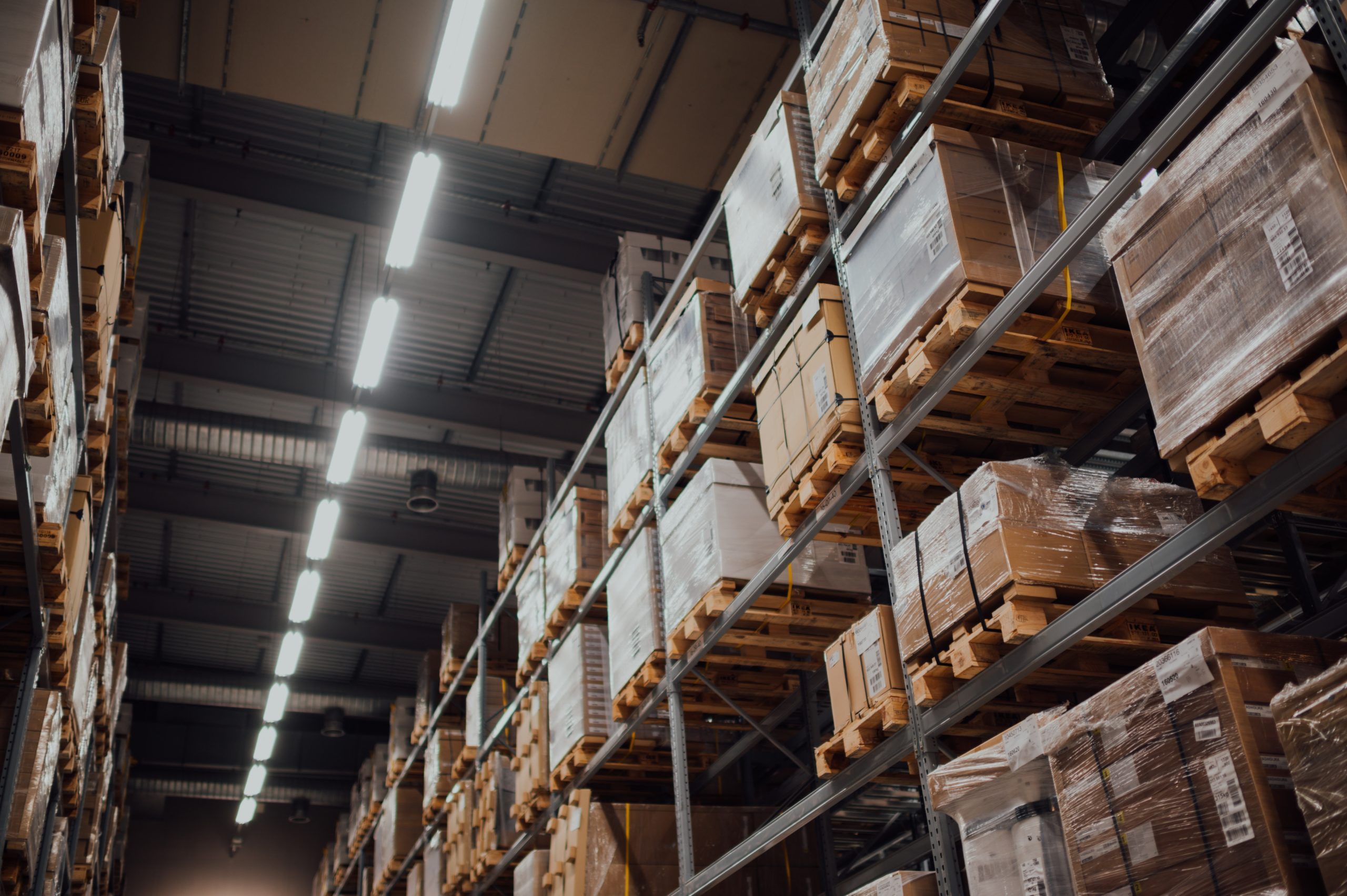During the pandemic, the eCommerce space witnessed a number of changes, changes that look like they’re here to stay even as the world moves into the post-pandemic era.
The logistic space—being a sector that requires more physical contact— also experienced a mix of downtrend and uptrend shifts. As not all segments were negatively impacted—companies that serve e-commerce are seeing increased activity as consumers opt for online shopping of essentials. So the Logistics industry is stuck in between recovery from its downtrend and, on the other hand, keeping up with the heavy eCommerce traffic.
Given these trends, at the recent TechCabal Future of Commerce event, a group of experts and key players in the eCommerce and Logistics space gathered to discuss and answer the question of what the future of eCommerce and logistics would look like.
Based on conversations from two sessions tagged “the future of eCommerce” and “the future of logistics”, here are the trends that will shape the eCommerce and logistic industries of the future:
Mobile-first
Globally, the share of mobile eCommerce sales in total eCommerce sales increased by 39.1% from 52.4% in 2016 to the current 72.9% market share. In other words, nearly three out of every four dollars spent on online purchases today is done so through a mobile device.
Mobile devices are now an integral part of eCommerce growth across the world, especially in Africa as it continues to experience a high smartphone and internet penetration.
As a result of this trend, eCommerce and logistics companies are expected to continue to drive mobile growth through mobile apps and responsive web apps.
B2B will dominate
Though business to customer (B2C) has been the most predominant form of eCommerce in Africa, business to business (B2B) is experiencing a lot of traction and it’s expected to be at par with B2C in the coming years.
This assertion is backed by the fact that there is currently a surge in innovation around B2B in Africa, a new crop of startups like Bumpa, Alerzo and TradeDepot are emerging in that sector. Funding wise, B2B has become the biggest sector attracting over 55% of the total funding—in the MENA region this year.
The emerging market will drive more eCommerce innovation
“We believe emerging markets will lead innovation in this space because it’ll take a lot of innovation to catch up with the rest of the world,” Onyekachi Izukenne, co-founder and CEO of TradeDepot.
Other panellists agreed that the African eCommerce industry will drive more innovation across its value chain, referencing the payment industry and the series of explosive innovations it has brought in. eCommerce and logistics sectors are expected to innovate on the ones fintech’s has done.
Data is still king
As eCommerce and logistic activities grow, the number of available data points also increases. It’s a good reminder that data is still king and any business that’s not leveraging data to make decisions will keep moving blindly, at the risk of eventually crashing.
“In eCommerce, data can help drive effective marketing and customer engagement and we expect it to drive success in this sector,” said Fatma Nasujo, Global Head of operational excellence at Sokowatch.
Once data is collected, it can then be used to build algorithms or processes that can predict customers behaviour to seamlessly serve them before they even ask for it.
Tracy Turner, CEO at Copia Global chipped in that “with the use of data, we can reach a lot of consumers with more product offerings that meet their needs.”
Individual and SME Lending
Across eCommerce and logistics, there is a new trend of credit provision in the form of ‘buy now, pay later,” loan access, and SME capital provision.
For instance, consumers can buy a mobile phone and pay it back later in instalments from eCommerce platforms like CDCare and MkOPA. Companies like Jumia also partner with lenders to give their customers quick access to loans on their platform to buy any product.
Logistics companies like MVX also provide loan facilities for merchants or businesses that need funds to complete a trade, allowing them to offset their debt in instalments as they sell their goods.
This is an indication that eCommerce and logistics platforms are becoming more customer-obsessed and they want to be involved in users’ decisions across the value chain.
Bridging the trust deficit gap
One of the major challenges facing eCommerce in Africa is the lack of trust. Many customers don’t trust businesses and vice versa, hence the adoption of a pay-on-delivery strategy to drive interest among doubtful customers. Businesses also don’t trust their logistics partners to deliver goods in good condition. The entire value chain suffers from low credibility.
But as the sector grows, it’s expected that trust will also grow. This is already playing out in the case of social commerce (selling and buying on social media like Instagram and WhatsApp) where customers pay merchants before receiving orders.
Logistic companies are also adding features that build transparency and trust into their technologies. Customers can track their order journey right from the point of order to the point of fulfilment.
“Businesses and individuals—instead of a paper signature and log paper trail—now accept confirming their order electronically, especially now that they can track their orders online.” Uche Ogboi, CEO at Lori.
Editor’s note: “The Future of Commerce was organized by TechCabal in partnership with Paystack and DAI Magister. It was sponsored by VerifyMe, GIG Logistics, Doroki, Chipper Cash and Klasha.”





















